The job market has evolved over the years. Now, your academic qualifications aren’t the only factor that employers consider. Employers are increasingly looking for graduates with essential soft skills—traits beyond knowledge and technical expertise.
If you are about to start university, whether you are finishing secondary school, transitioning from a diploma, or balancing work and family, knowing these skills can make all the difference in your career.
In This Post
The Reality Is That Hard Skills Aren’t Enough
Despite having a degree or diploma, many recent graduates find it difficult to find work or succeed in their positions. Why? While technical skills (also known as hard skills) such as proficiency in software tools, programming languages, or specific technical knowledge are undeniably important, they are no longer sufficient on their own.
Today’s employers expect candidates to exhibit a broader range of abilities—skills that allow them to communicate effectively, collaborate with diverse teams, and adapt to a rapidly changing environment.
Unfortunately, many graduates often feel unprepared for the real world because of this gap, especially those with little work experience. This lack of soft skills can affect everything from job interviews to day-to-day tasks within the workplace. Soft skills are often overlooked during traditional education, but they play an important role in determining long-term career success.

Soft Skills Are Key Drivers of Career Success
To succeed in the current fast-paced job market, developing a solid foundation in soft skills is vital. These include interpersonal skills, communication abilities, leadership traits, and emotional intelligence. These qualities help you navigate workplace dynamics and build meaningful relationships with colleagues, clients, and managers.
Graduates with well-developed soft skills are better equipped to excel in their roles, manage stress, and handle conflicts effectively. Additionally, these skills are highly sought after by employers.
According to TestGorilla’s 2024 report, 81% of employers are now adopting skills-based hiring, with many valuing soft skills as highly as, if not more than, hard skills when evaluating candidates for job openings.
The ideal graduate, therefore, is someone who can balance academic knowledge with the interpersonal skills required to thrive in a professional environment. Whether it’s collaborating effectively with others, taking initiative, or adapting to challenges, soft skills are the bridge that connects theoretical learning to practical, on-the-job success.
Soft Skills Every Graduate Needs
As you get ready to enter the workforce, you should focus on developing the following soft skills:
Communication Skills
Being able to speak confidently and clearly is crucial in any situation, including meetings, interviews, and casual interactions at work. Effective communication involves both speaking and listening. Graduates should be able to articulate their thoughts succinctly and listen actively to others, showing respect and understanding in conversations.
In a world where virtual meetings and remote work are becoming more and more prevalent, having the ability to communicate via phone, video, email, and other communication channels is essential.
Imagine you’re assigned a team project with a tight deadline. Effective communication helps ensure everyone understands their tasks, deadlines are met, and issues are addressed quickly.

Teamwork and Collaboration
Most jobs require teamwork, whether it is interacting with clients and stakeholders or working on a project with coworkers. It is essential to be able to collaborate well with others, exchange ideas, and offer helpful criticism.
In fact, LinkedIn’s 2024 Global Talent Trends report indicates that 69% of U.S. executives plan to prioritise candidates with essential soft skills, including collaboration, as technology increasingly handles tasks requiring hard skills.
For example, you may be asked to contribute to a group presentation. Being able to coordinate efforts, delegate tasks, and offer support to teammates makes the project smoother and more successful.
Problem-Solving and Critical Thinking
Graduates who can approach problems methodically and propose creative solutions are prized assets. The ability to think critically—analysing a situation, weighing options, and making decisions based on logic—helps you stand out in any role.
Emotional Intelligence (EQ)
Emotional intelligence is another important soft skill. It refers to your ability to understand and manage your emotions, as well as empathise with others. In the workplace, a high EQ indicates that you can handle pressure, manage conflicts, and form strong professional relationships. The ability to manage your emotions during stressful situations or when receiving negative feedback is essential for maintaining a positive work environment.
If you are working on a team and encounter a disagreement, someone with high EQ can navigate the conversation, remain calm, and find a resolution that satisfies everyone.
Time Management
As a student juggling studies, work, and family responsibilities, developing time management skills is crucial. Once you enter the workforce, the ability to manage multiple tasks and prioritise deadlines will directly impact your productivity and efficiency.
In a professional setting, you may be given multiple projects with overlapping deadlines. Being able to prioritise, stay organised, and manage your time effectively can help you meet all expectations.
Adaptability and Flexibility
The world is evolving at a fast pace, and companies value employees who can adapt to new technologies, processes, and challenges. Graduates need to demonstrate flexibility in learning and embracing change, whether it’s working with new tools or adjusting to shifts in the job environment.
During a company restructuring, for instance, employees who are flexible and willing to adapt to new roles or workflows tend to have greater job security and career growth opportunities.

How to Build These Essential Soft Skills
Now that we’ve established the importance of soft skills, how can you, as a student or student-to-be, build and refine these qualities during your time at university?
Take on Leadership Roles
Participating in clubs, societies, or group projects is an excellent way to develop communication, teamwork, and leadership skills. Volunteer opportunities, part-time jobs, or internships also offer practical environments to hone these abilities.
Seek Feedback and Improve
Regularly ask for feedback from lecturers, peers, or employers about your performance. Constructive criticism helps you identify areas of improvement and adjust your approach.
Practice Active Listening and Empathy
Cultivate the habit of active listening in every interaction. Being present and empathetic not only improves relationships but also helps you understand others’ perspectives, a key aspect of emotional intelligence.
Work on Time Management
Use planners, to-do lists, or digital tools to manage your time effectively. Setting priorities and creating realistic schedules ensures you balance academic, work, and personal commitments.
Join Online Learning Platforms or Workshops
Platforms like LinkedIn Learning offer courses that focus on specific soft skills like communication, leadership, and problem-solving, allowing you to refine your abilities at your own pace.

Build Your Future
Today, soft skills are just as important as your academic qualifications. They are the traits that can help you adapt to diverse work environments, excel in your role, and advance in your career. Whether you are studying full-time or balancing work with your education, developing these skills will make you a more well-rounded and employable graduate.
Take the time to focus on building these essential soft skills, and you will be better equipped to thrive in your future career. Start today and make sure you are ready for tomorrow’s job market.


